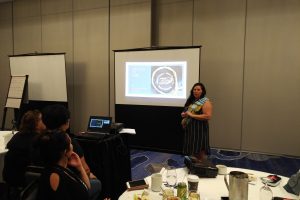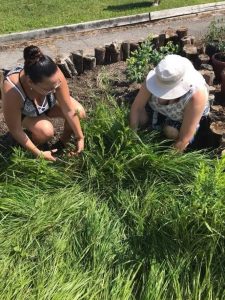Family Wellbeing Program – Family Support Worker

The Family Well-Being program consists of First Nations, Métis, Inuit and urban Indigenous community-led and prevention-focused supports to reduce violence in families, reduce the need to bring Indigenous children and youth into the child welfare and youth justice systems and improve the overall health and well-being of communities.
The Family Well-Being program is designed and delivered by and for First Nations, Métis, Inuit and urban Indigenous communities. A priority focus of the program is to increase coordinated access to systems of care, and provide prevention-focused services and activities that promote well-being and family preservation. 
Program models developed by Indigenous partners will reflect the following three core inter-related components which will be tailored according to each Indigenous community’s assets, needs and priorities, including:
- Family well-being workers will increase access to supports and connect families to existing services including cultural services;
- Provide community-based programming for Indigenous children, youth, and families who have experienced, or been exposed to violence and,
- Create safe places where Indigenous children, youth and families can receive culturally grounded holistic supports and access services.

Wherever possible, Family Well-Being workers will come from the communities they serve. Workers may have a diverse set of skills and life experiences which will allow them to plan for and provide holistic, culturally grounded supports to Indigenous women, children and youth.
The long-term goals of the Family Well-Being program include the following three transformational objectives:
- Reduce violence in families.
- Reduce the need to bring Indigenous children and youth into the child welfare and youth justice systems.
- The improvement of the overall health and well-being of communities.
